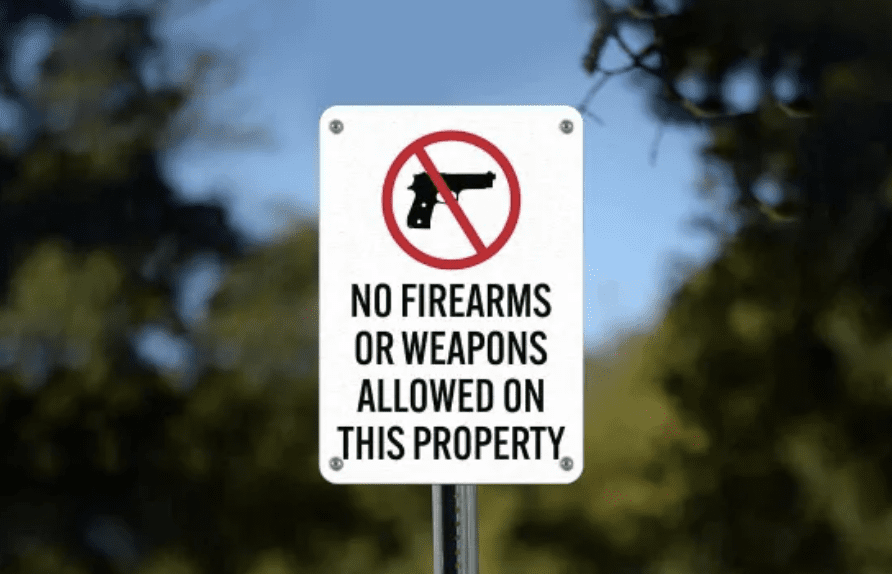
HB 311 punishes most people for carrying a firearm in a Delaware college Safe School Zone with a class E felony.
Just days after a fatal shooting of an 18-year-old woman on Delaware State University’s campus, the state General Assembly moved on with a bill creating felonies for people with guns in Safe School Zones.
House Bill 311, sponsored by Rep. Cyndie Romer, D-Newark, adds post-secondary colleges and universities to the Safe School Zone criminal offense.
That means any person who knowingly possesses a firearm while in or on a college or university facility or campus may be charged with an additional offense outlined in Delaware Code, which is class E felony.
Class E felonies result in up to five years incarceration.
HB 311 also adds commissioned security guards to the categories of individuals who may possess a firearm while acting in their official capacity within a Safe School Zone.
The others permitted to carry a gun are:
- A police officer.
- A constable employed by a school or school district who is acting in an official capacity within a Safe School Zone.
- An active-duty member of the United States Armed Forces or Delaware National Guard who is acting in an official capacity within a Safe School Zone.
- A holder of a valid license to carry concealed deadly weapons but only if the firearm is in a vehicle.
- Employees of the Department of Services for Children, Youth, and Their Families who are authorized by the Secretary of the Department to carry a firearm while acting in the employee’s official capacity.
- Probation and parole officers acting within the officer’s official capacity.
- A qualified retired law-enforcement officer who is employed or contracted by a school or school district to assist with security or investigations and who is acting in an official capacity within a Safe School Zone.
In Wednesday’s House Judiciary Committee hearing, Republicans said making this a law is unnecessary legislation since it’s already in school policy.
Expanding the campus law to a state law, Romer said, would allow more than just campus security and officers to get involved – it would enable county police and state police to take action.
She also noted that the state’s institutions of higher education said they supported the bill.
Rep. Jeff Spiegelman, R-Clayton, had a main concern of this bill when it comes to concealed carry rights.
Many of the state’s institutions of higher education have residential housing very close to the college campus and even bordering it.
“I could be walking down the streets of Dover just walking down the streets with a concealed carry on,” he said, “and as soon as I hit the sidewalk out in front of DSU campus, I instantly run afoul of this law.”
He then abides by the law the instant he steps off of a sidewalk owned by the university, he pointed out.
That is one of the minor aspects of the law that are wishy-washy and need to change, and Spiegelman said Rep. Pete Schwartzkopf, D-Rehoboth Beach, promised to address when the “parent bill” of this law was introduced, which he did not.
The bill was released by committee and now heads to the House floor for debate.

Raised in Doylestown, Pennsylvania, Jarek earned a B.A. in journalism and a B.A. in political science from Temple University in 2021. After running CNN’s Michael Smerconish’s YouTube channel, Jarek became a reporter for the Bucks County Herald before joining Delaware LIVE News.
Jarek can be reached by email at [email protected] or by phone at (215) 450-9982. Follow him on Twitter @jarekrutz
Share this Post




